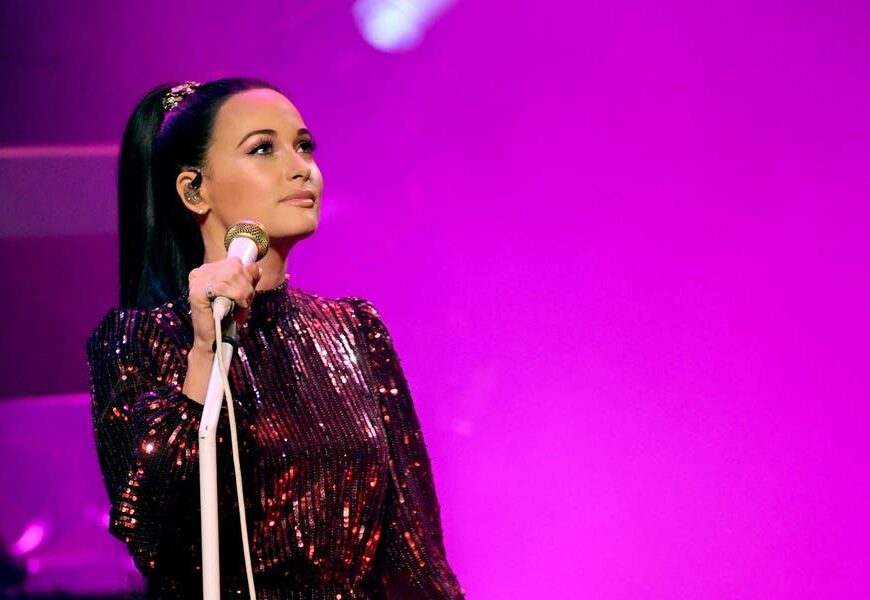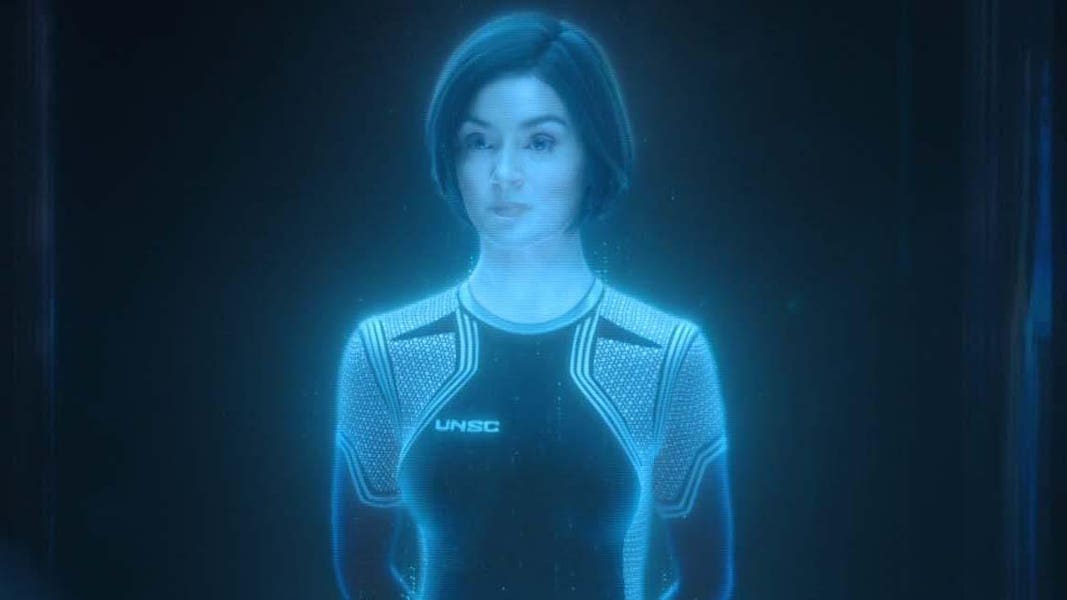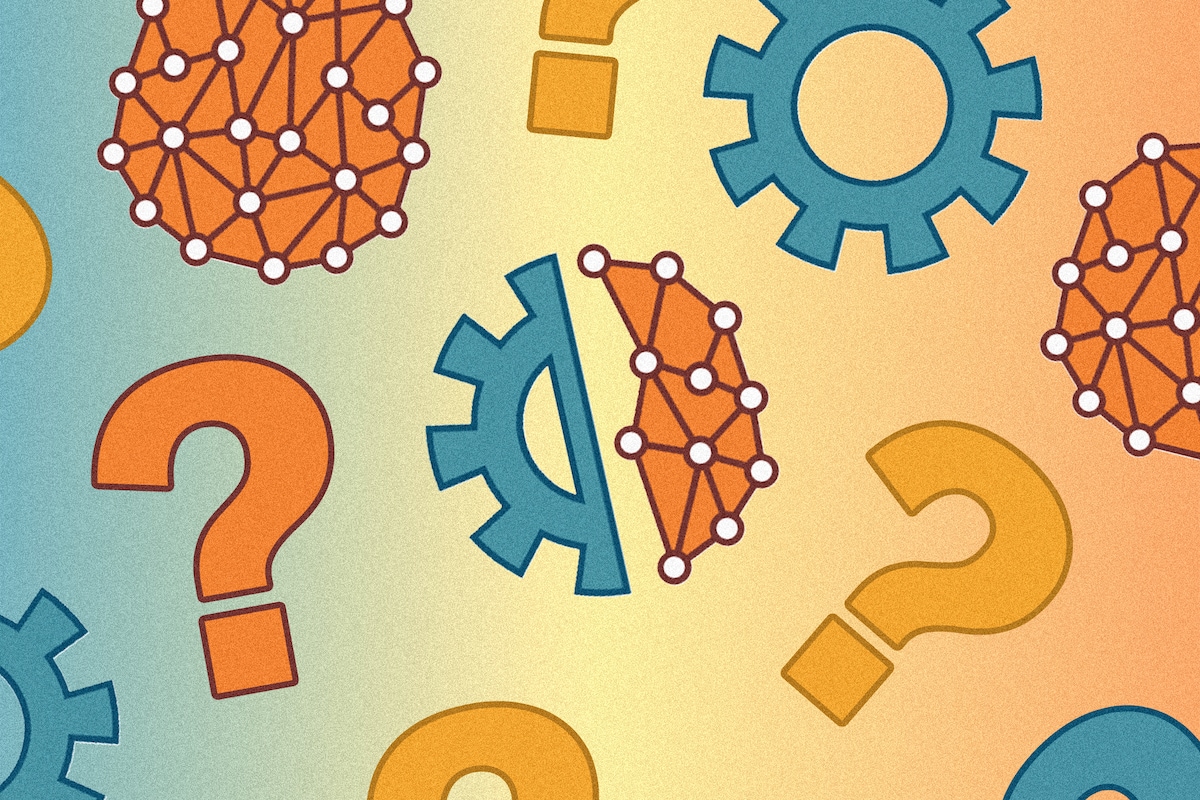Topline
An open letter from the Artist Rights Alliance, signed by hundreds of artists including Stevie Wonder, Elvis Costello, and the estates of Bob Marley and Frank Sinatra, urges AI developers to cease training copycat programs and utilizing AI-generated sounds that diminish artists’ royalty pools.
Key Facts
Variety first published the letter, which accuses AI developers, tech firms, and digital music platforms of devaluing human artists’ rights by replacing songwriters and musicians with AI-generated content.
The letter highlights the use of AI models trained on existing music to produce songs, sounds, and images aimed at substituting human artists’ work, ultimately reducing artists’ royalty payments.
Artists caution that unregulated AI usage could devalue their work and hinder fair compensation, emphasizing the need for AI developers to commit to not creating technology that replaces human artists’ contributions.
Notable signatories of the letter include Jon Bon Jovi, Billie Eilish, Camila Cabello, Katy Perry, Nicki Minaj, and others.
Crucial Quote
The letter states, “This assault on human creativity must be stopped…We must protect against the predatory use of AI to steal professional artists’ voices and likenesses, violate creators’ rights, and destroy the music ecosystem.”
Key Background
The integration of artificial intelligence in creative sectors has sparked controversy, leading to disputes in the entertainment industry. Screenwriters and actors have protested against automated replacements, resulting in agreements to restrict the use of AI-generated content that undermines creators’ rights.
Surprising Fact
A British stage performer, Sara Poyzer, shared her experience of being replaced by AI in a BBC project, raising concerns about the impact of AI on human jobs and creativity. The BBC defended its use of AI to replicate the voice of a dying person for a documentary.
Tangent
Creators, including authors and comedians, have filed lawsuits against AI companies for using their work without permission to train AI platforms. Legal actions and discussions on AI-generated content’s copyright and creatorship rights are gaining momentum at both state and federal levels.
What To Watch For
Ongoing developments in legal regulations concerning AI-generated material, such as the ELVIS Act in Tennessee protecting musicians from voice clones, reflect the growing need to address ethical and legal implications of AI in creative industries.










